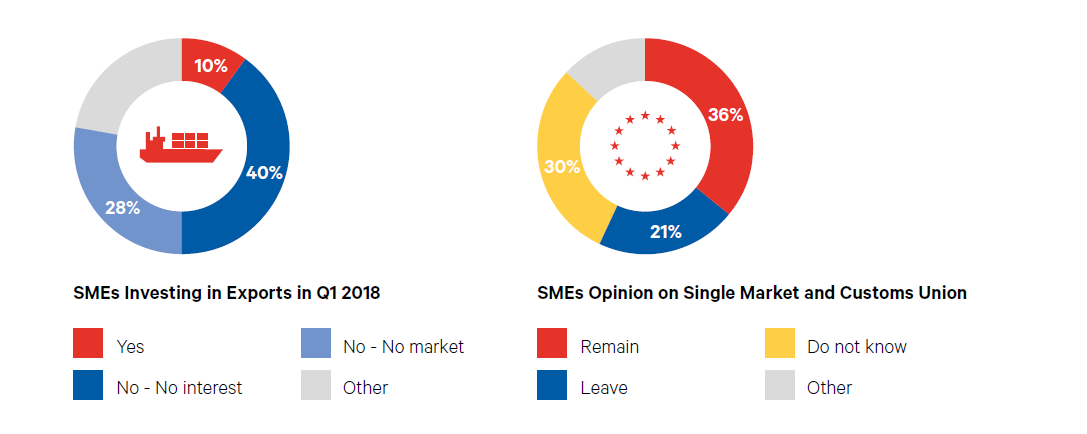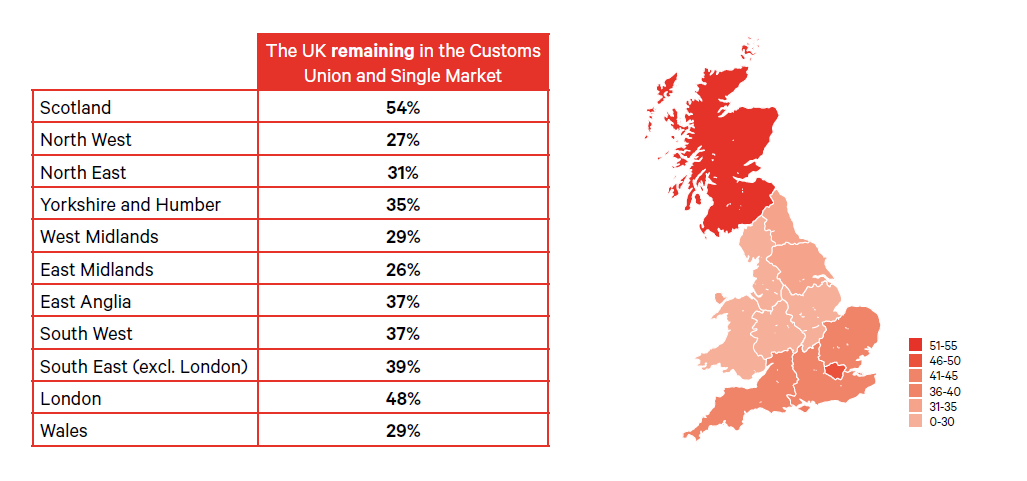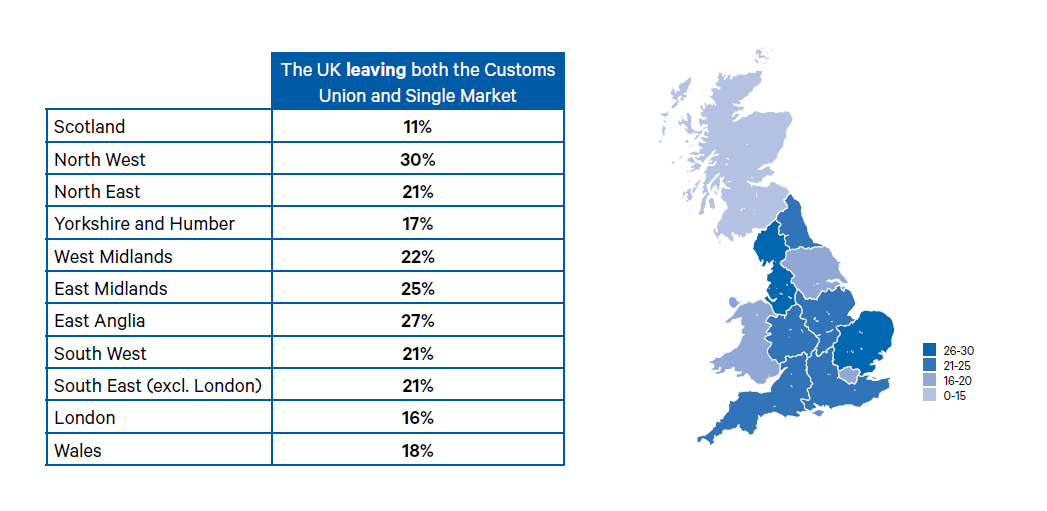Article by: Bibby Financial Services (corporate members)
From the Q1 2018 SME Confidence Tracker by Bibby Financial Services
March saw the start of the one-year countdown until the UK exits the European Union (EU). While there remains a lot of work to be done, progress is being made and this is reflected in the confidence of UK SMEs as we move towards the summer. Furthermore, latest research from the Institute of Directors shows the UK’s uncertain trading status with the EU has fallen out of the top three concerns of business leaders.
The recent agreement in which the UK won the right to negotiate and sign trade deals during the transition period was an encouraging start. Whilst singular trade deals won’t fill the void, bi-lateral deals will allow the UK to start shaping its future. The Department for International Trade has made clear in future policy(1) that the UK will be building on and expanding existing bilateral trading relationships, having the opportunity to take unilateral action where appropriate.
The Customs Union – in or out?
Until the UK can replace the Single Market, the UK’s future trading relationships will continue to be an underlying problem for businesses. It is something that SMEs themselves still need to address after only one in ten (10%) invested in exports in Q1. Of those that did not, two-fifths (40%) of SMEs claimed they had “no interest” in exporting, while 28 per cent said there was no market for them. Clearly, there needs to be greater education on the benefits of exporting and support available if we’re to encourage SMEs to take advantage of these opportunities for growth. SMEs should look to organisations like the Institute of Export and The British Exporters Association which offer advice and support for businesses looking to export for the first time.
As things currently stand, over a third (36%) of SMEs wish to remain in the Single Market and Customs Union, while one in five (21%) wish to leave a. However, when diving deeper it becomes apparent that SMEs remain divided across the UK on the ideal outcome of Brexit.

Do SMEs broadly want a softer Brexit?
Our research reflects regional differences in views on whether the UK should remain in the Customs Union and Single Market.


Where do we go from here?
While it may be business as usual for SMEs for now, there are conflicting viewpoints on what the future should look like. SMEs need clarity and stability; both of which influence whether they will invest and hire, and drive confidence.
It is vital that SMEs are part of the dialogue between now and October when the UK will look to agree its exit terms from the EU. Only then will the country be able to achieve a Brexit that works for businesses and one which creates conditions for a more confident business environment.
<>Download the full SME Tracker Report here
<>(1) Department for International Trade, Preparing for our future UK trade Policy, October 2017
This article was written by Kash Ahmad, UK Specialist Director for Bibby Financial Services
.jpg)




